„It could go either way“
Icelandic Coastguard's airplane landed at Reykjavik airport tonight. On board the plane were geologists returning from their flight over Bárðarbunga, amongst them Magnús Tumi Guðmundsson, one of Iceland's leading geophysicists.
"The flight went well, we managed to gather the information we wanted. We did radar measurements of the glacier and the river Jökulsá á Fjöllum, which will be of much value in the event of an eruption," he said in a telephone interview with mbl.is.
Magnús says it's hard to evaluate the chances of an eruption. "It can go either way, nobody can really predict what will happen in this situation."
A lot of ice to melt
He says that in the event of an eruption, one of two things would likely happen. "What's more likely is an eruption below the glacier Dyngjujökull, where we can see earthquake activity moving northeast. In that area the glacier's thickness measures half a kilometer, so it would have to melt a lot of ice before it could finally breach the surface. When that would happen, the eruption would change into an explosive one, similar to what happens when the Grímsvötn volcano erupts."
"The other option is that the eruption would happen in the Bárðarbunga caldera, where the glacier is up to 800 metres thick, so it would have to melt its way through even more ice."
Not a disastrous jökulhlaup
Magnús says that a jökulhlaup (glacial outburst) could follow and the river's flow could reach up to ten thousand cubic metres every second. "If the eruption would be about the average size of an icelandic eruption, the river's flow could get 10 to 20 times bigger than what is normal during the summer. We can't exclude the possibility of a larger flood though."
Even so, you still couldn't say it was a so called disastrous flood. "That kind of flow, even given its size, wouldn't really be called a disaster. It wouldn't even be but 1/10th to 1/5th of the flood that happened in Skeiðarársandur in the year 1996." The jökulhlaup Magnús mentions was a very big one, shattering bridges to the south of Vatnajökull glacier.
Magnús says that an eruption in the glacier wouldn't release the pressure that might be building up in the volcanoes Katla or Hekla. "An eruption in Bárðarbunga wouldn't have any effect on such distant volcanoes."
Over 1.700 quakes have occurred in the area near Bárðarbunga in the past 48 hours.

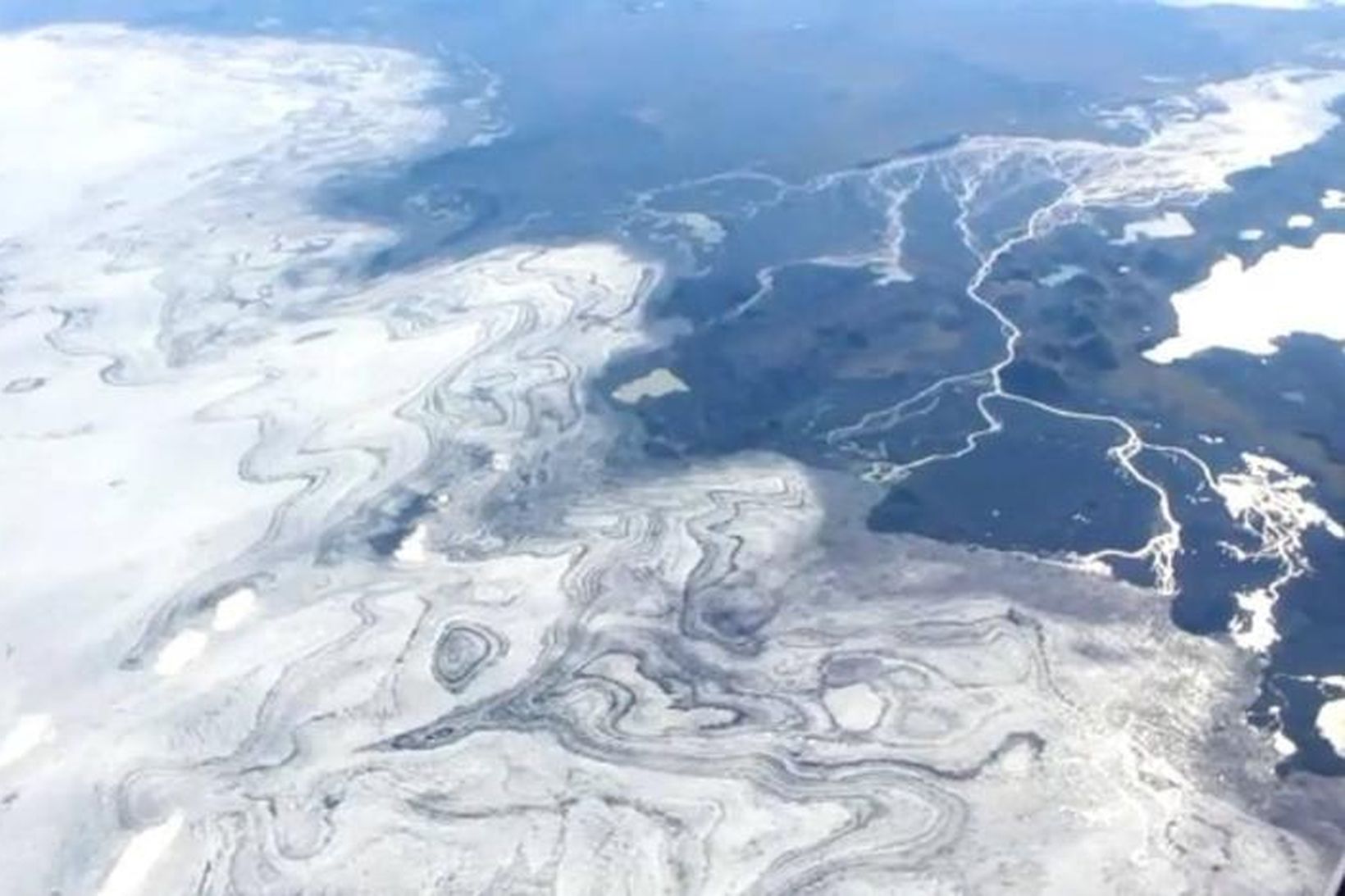

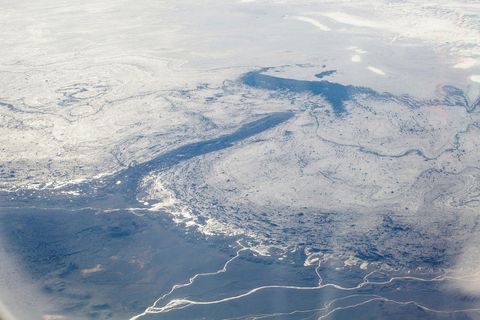
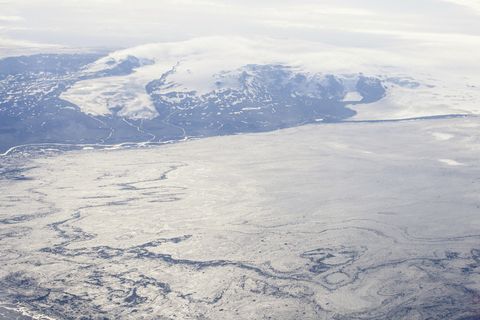
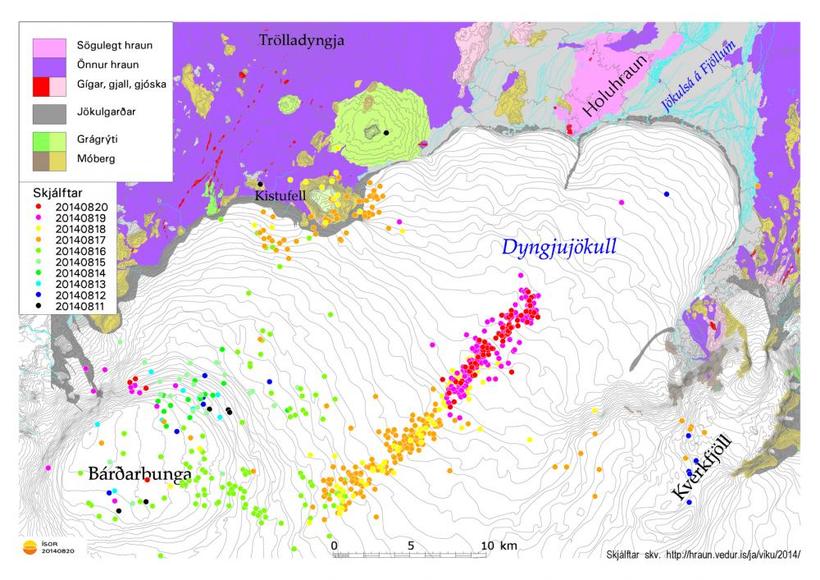
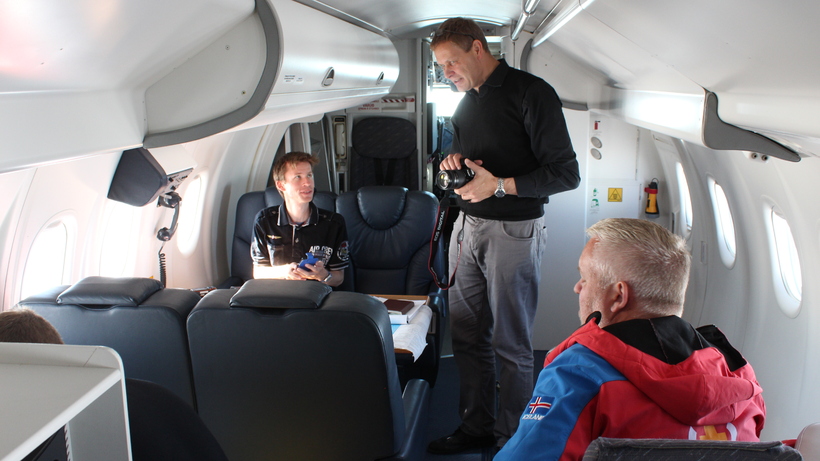

 Andlát á hjúkrunarheimili ekki alvarlegt tilfelli
Andlát á hjúkrunarheimili ekki alvarlegt tilfelli
 ÁTVR ekki enn rétt hlut Distu
ÁTVR ekki enn rétt hlut Distu
 Binda enda á 63 ára útgerðarsögu
Binda enda á 63 ára útgerðarsögu
 Viðbrögð ríkisstjórnarinnar ráða árangrinum
Viðbrögð ríkisstjórnarinnar ráða árangrinum
 Ég hef aldrei verið jafn hamingjusamur
Ég hef aldrei verið jafn hamingjusamur
 Telur að eldgosahrinan sé að fjara út
Telur að eldgosahrinan sé að fjara út
 Hægt að þétta byggð á betri hátt
Hægt að þétta byggð á betri hátt